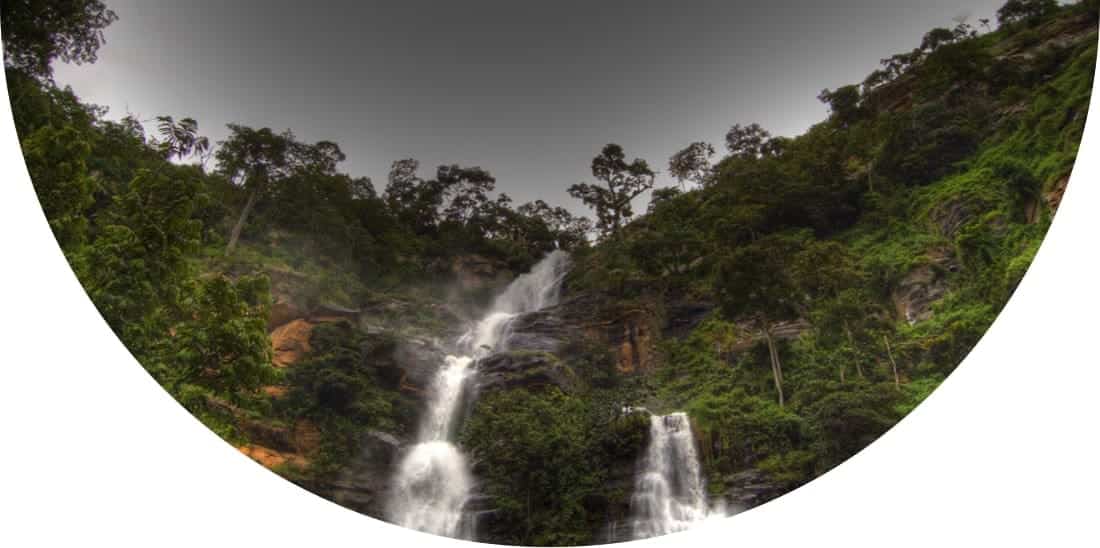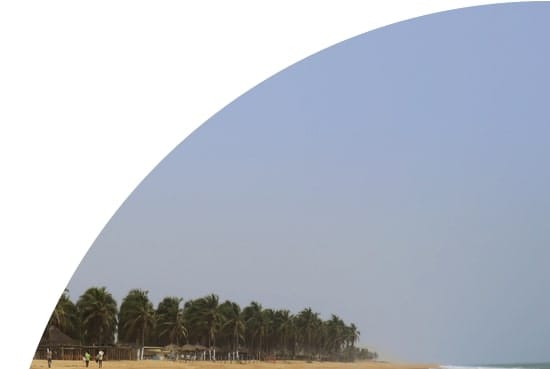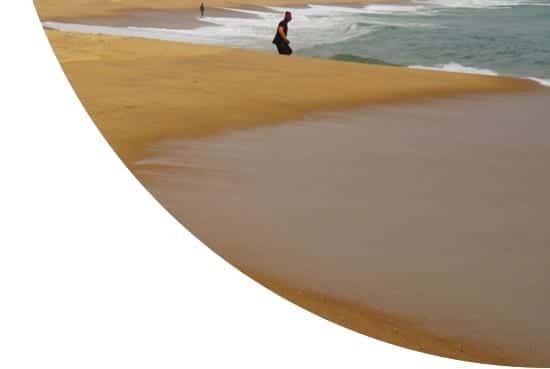Bacterial infection from bite from infected ticks. Most common between April-November and in rural, camping and hiking areas. Causes redness around site of bite and symptoms usually within 2 weeks, such as fever, muscle pain, headache and rash.


Travel Vaccinations for Togo
Recommended Vaccines for Togo
The level of protection needed depends on your medical history and travel itinerary. Book now to get a personalised recommendation from our specialist travel nurses. The consultation costs £20 plus any vaccines you decide to take.
Vaccines Advised To Some Togo Visitors
Flexible appointments with no upfront payment
Book Now
Destination Information for Togo
The small, narrow country of Togo, in Western Africa, can be driven across in less than an hour. Even the largest cities, including the coastal capital, Lomé, have a town-like feel, and are easily navigated on foot. Most visitors stay within the Maritime Region close to the coast, but those who do venture inland will fall in love with the hills and forests of central Togo and the savannah of the north, with its mud huts built by the native Batammariba people.
Togo is also known for its association with voodoo, which is something that interests many tourists when they visit the popular Fetish Market; around half the population follow the practice. Head to Togoville on the banks of Lac Togo, which is the historic home of voodoo, and you can learn more about the significance of their shrines, charms and other religious customs.
Central Togo is where coffee and cocoa plantations are commonly found, and there are excellent walking and hiking opportunities here for visitors who like to explore on foot. You’ll also discover Fazao Mafakassa National Park, to the West of the central region, home to the last population of elephants in Togo.
It can be challenging to get around during the rainy season from May to October, although there is a drier spell in the south around July to September. For comfortable temperatures across Togo, plan your trip during the months of November to February.
Infections and Outbreaks frequently change from country to country and by attending our clinics you will be given the most up to date clinical and safety advice from our team of specialists. Our advice to you often includes aspects such as:
- Food and water hygiene
- Insect and animal bite avoidances
- Personal safety
- Sexually transmitted infections
- Sun protection
- Altitude sickness
Malaria and regions within country:
There is a high risk of P.Falciparum malaria throughout the country and anti-malarial medication is advised.



